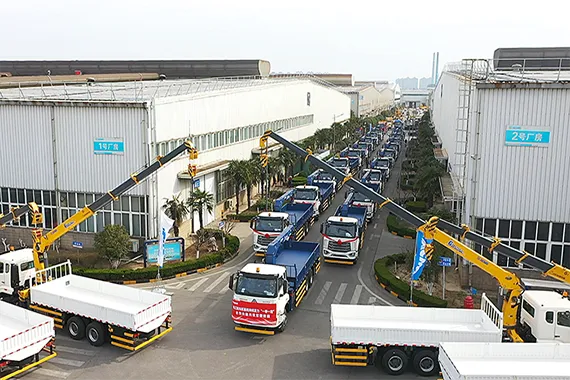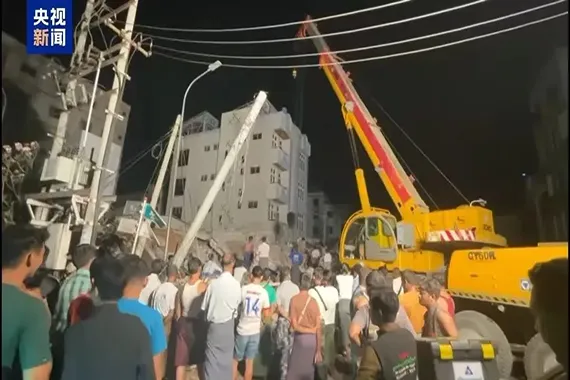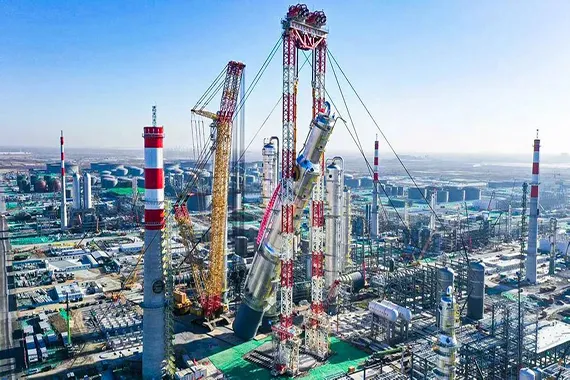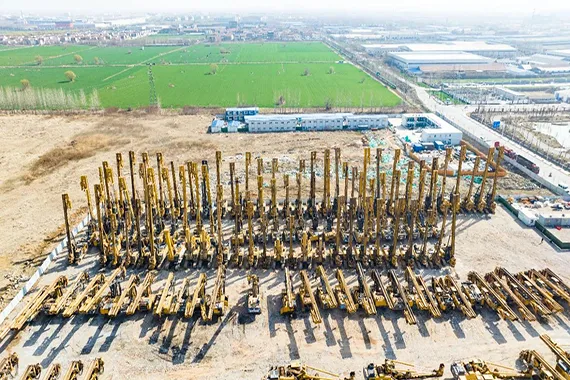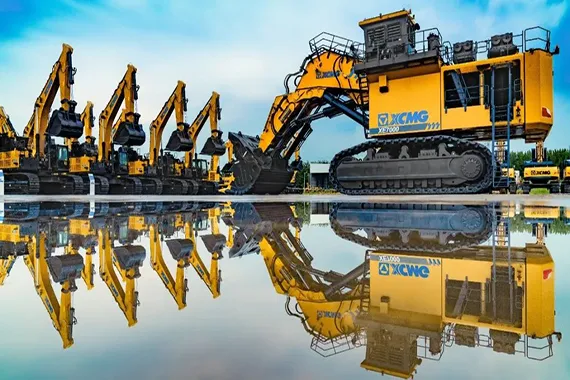African Overhead Cranes Move Towards Full Automation
According to Marc Kleiner, the managing
director of Condra, an African crane manufacturer, the increasing awareness of
the advantages of full crane automation is the most noticeable trend in
Africa's overhead crane industry. Commenting on the market characteristics that
emerged in 2022, Kleiner explained that there has been a significant increase
in the number of tender documents that specify the provision for crane
automation post-installation. While Condra did not receive any orders for fully
automated cranes in 2022, the number of enquiries for such machines increased
year-on-year.
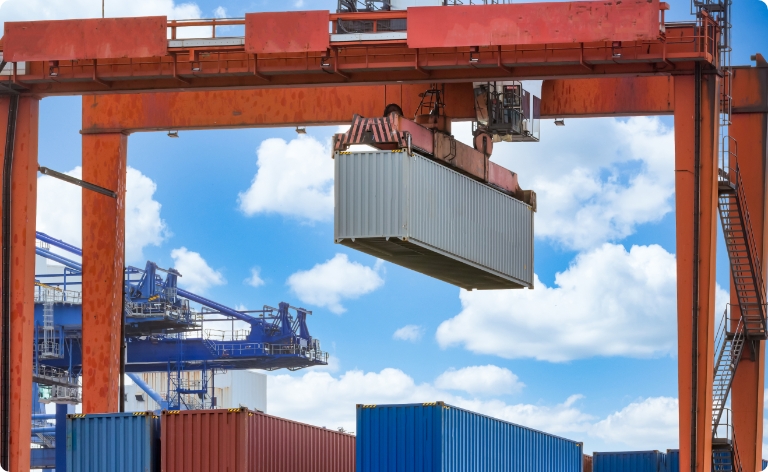
Kleiner stated that repetitive crane
operations, such as those in refinery operations, offer potential for increased
productivity through automation. South Africa has the technology and local
manufacturing capability to deliver it, and now the market is becoming
increasingly aware. Full automation implies zero involvement by machine
operators, and it is the ultimate step beyond an overhead crane in which the
machine executes a limited number of pre-programmed, automated operations, but
still needs an operator to control the crane during randomised, non-repetitive
lifting functions (semi-automation). Condra has offered full automation across
its product range since 2020.
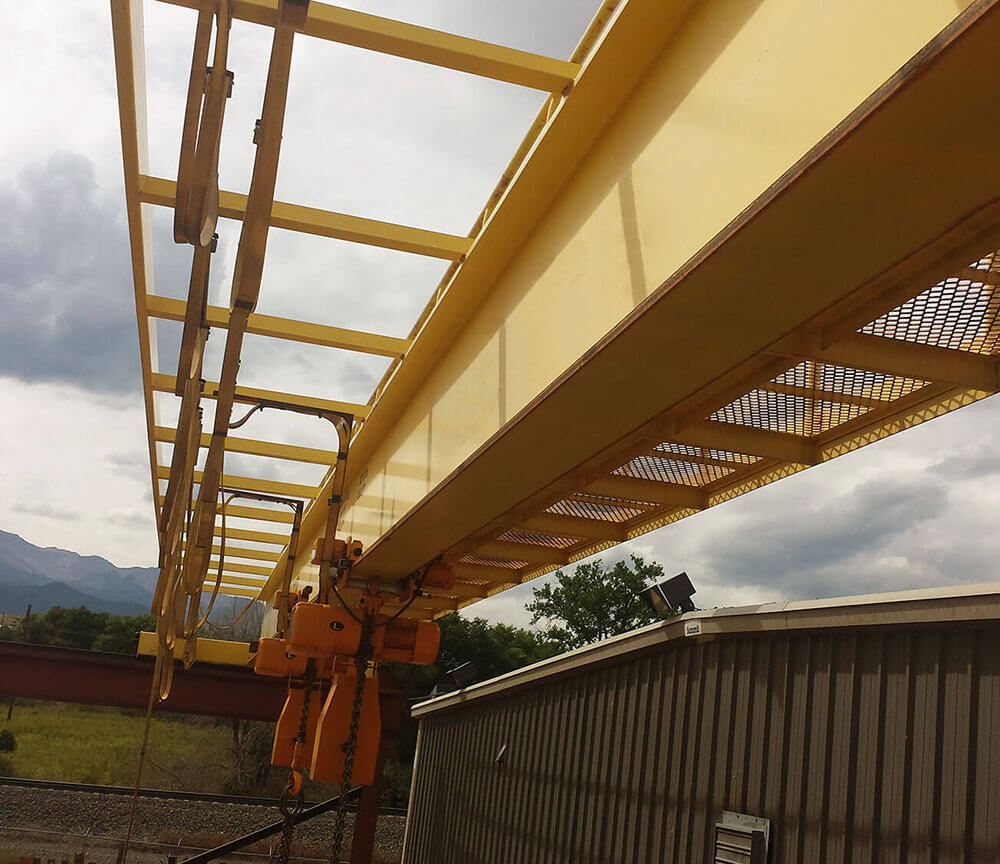
Kleiner noted that about one in five
enquiries received by Condra now includes specified provision for future
automation and provision of fitment and wiring points for the future attachment
of cameras with cognitive movement control ability, the main requirements for
automation.
Kleiner concluded by saying that Condra is
in a strong position going into 2023, with a solid order book that includes
contracts recently signed with steel companies and mines across Africa. He also
mentioned that Condra represents more than just crane manufacture and
commissioning, offering design and engineering skills that dovetail with those
of architects and structural engineers.
